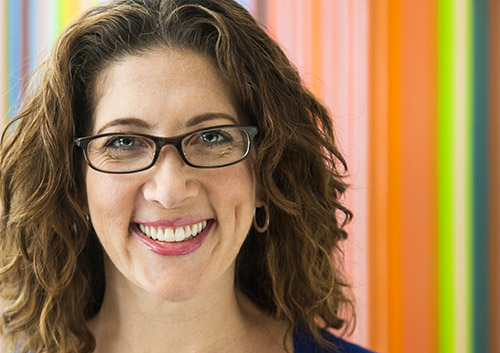How do I know if my gums are receding?
October 9th, 2024

Gum recession, a common result of gum disease, occurs when the gum tissue that surrounds the teeth wears away or pulls back, forming pockets between the gumline and exposing more of the tooth. Gum recession occurs gradually, so you might not know that you have it. Left untreated, gum recession can result in tooth loss. In addition, there are several studies that suggest that gum disease is associated with modest increases in coronary heart disease. Here are five ways to know if your gums are receding.
1. Healthy gums are firm, light pink, and very elastic. If your gums don’t fit that description, then it’s time to visit our Middleton, WI office. Red, swollen gums are a common symptom of gum disease, and may lead to gum recession.
2. Do your gums bleed easily when you brush or floss? If you have gum recession, even if you brush gently and with toothpaste specifically designed for sensitivity, it may still result in bleeding.
3. When you look in the mirror, do you see more of a tooth than you used to? This is one of the easiest ways to tell if you have gum recession. When gums recede, more of the tooth is visibly exposed. Look for lines or notches along the bottom of the teeth, as this typically indicates areas where the gums have receded.
4. One of the first signs of gum recession is tooth sensitivity. Does it hurt when you bite down or chew? The more gums recede, the more painful it is going to be. However, before you experience tooth sensitivity or pain, you may notice awkwardness when you bit down. When gum recession occurs, teeth can shift slightly, making it feel as if they are not properly aligned.
5. Loose teeth are a symptom of advanced gum recession and periodontal disease. In other words, the supporting bone structure of the teeth has already begun to deteriorate. If left untreated, it will result in tooth loss.
From deep cleaning (scaling) to gingival tissue grafting surgery, there are several ways to combat gum recession and periodontal disease. How gum recession is treated depends on how far advanced it is. Talk to Dr. Joel Hartjes and Dr. Jon Szewczyk about what options are best for you.


